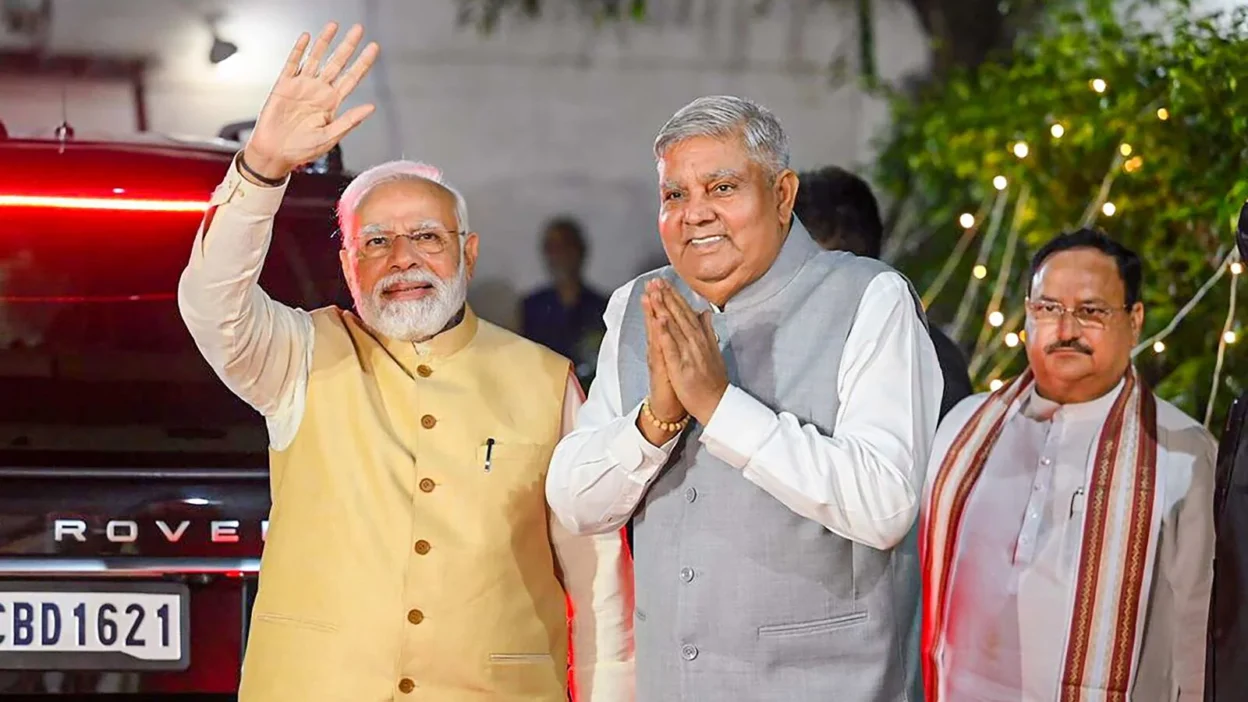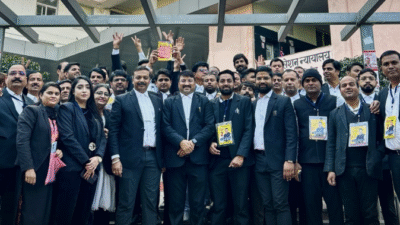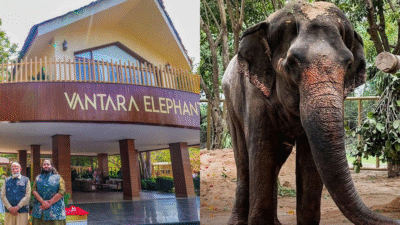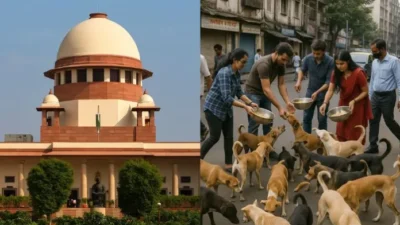In a surprising political development, Jagdeep Dhankhar, the 14th Vice President of India, resigned from his position on July 21, 2025, citing health reasons. His decision, effective immediately, has left citizens and political circles speculating about deeper factors, future leadership, and the impact on governance and upcoming elections.
This blog provides a complete analysis: who he is, why he resigned, political reactions, who may become the next Vice President, and what it means for India’s political future.
Who Was Jagdeep Dhankhar?
- Full Name: Jagdeep Dhankhar
- Born: May 18, 1951, Kithana village, Rajasthan
- Profession: Lawyer, Politician
- Major Roles:
- Governor of West Bengal (2019–2022)
- Union Minister of State for Parliamentary Affairs (1990)
- Member of Parliament (Lok Sabha, 1989–1991)
- Vice President of India (August 11, 2022 – July 21, 2025)
Dhankhar was known for his strong legal acumen and diplomatic skills. As Vice President, he also served as the Chairman of the Rajya Sabha, ensuring smooth functioning of the Upper House.
Why Did He Resign? The Official Reason
In his resignation letter to President Droupadi Murmu, he stated:
“I hereby resign from the office of Vice President of India due to health concerns and by Article 67(a) of the Constitution.”
This move, while sudden, aligns with his recent health events, making the official reason credible.
Health Context: A Timeline of Concerns
- March 2025:
- Hospitalised at AIIMS Delhi for chest pain and cardiac evaluation.
- Stayed in critical care for four days before discharge.
- June 25, 2025:
- Fainted during the Golden Jubilee event of Kumaon University in Nainital.
- Immediate medical aid was provided; later attributed to fatigue and low BP.
These incidents point to underlying health concerns that may have prompted doctors to advise reduced public activity and stress.
Political Speculations: Is There More to the Story?
While health was cited, political observers highlight potential hidden factors:
1. Timing Before Monsoon Session
The resignation came just before the Monsoon Session of Parliament, catching both treasury and opposition benches off-guard.
2. Opposition Reactions
Congress leader Jairam Ramesh commented:
“There may be far deeper reasons behind this sudden exit.”
This hints at possible internal party dynamics, policy disagreements, or strategic repositioning ahead of upcoming state and national elections.
3. Strategic Move?
Some analysts believe this could be a calculated move to re-enter politics in a different role or to avoid controversies surrounding the current administration’s decisions.
Immediate Impact of His Resignation
1. Leadership Vacuum
His resignation creates an immediate vacancy in the Vice President’s office, requiring:
- Election of a new Vice President within 60 days (by mid-September 2025), as per Article 68(2) of the Constitution.
2. Rajya Sabha Proceedings
Until a new Vice President is elected, Harivansh Narayan Singh, Deputy Chairperson, will preside over the Rajya Sabha.
3. Procedural Delays
The unexpected resignation disrupted scheduled discussions in Parliament, requiring urgent reorganisation of leadership duties in the Upper House.
Public and Political Reactions
Supporters
Praised his dignified exit and focus on health, thanking him for his balanced approach in Parliament.
Opposition
Called it proof of internal instability and potential disagreements within the ruling alliance, leveraging it as a political narrative.
Neutral Analysts
View it as an opportunity for the BJP to strategically place a trusted leader in this constitutional position.
Who Will Be the Next Vice President?
Harivansh Narayan Singh
- Current Deputy Chairperson of Rajya Sabha.
- From JD(U), an NDA ally.
- Experienced in parliamentary procedures, making him a strong favourite.
Nitish Kumar
- Veteran Chief Minister of Bihar.
- Speculated as a possible candidate to reward his consistent alliance support and vast political experience.
Rajnath Singh
- Current Defence Minister.
- A senior leader respected across party lines, though less likely as he plays a critical cabinet role.
JP Nadda
- BJP National President.
- Could be considered to fill constitutional leadership before 2026 Lok Sabha elections.
Cross-party Consensus Candidates
- Names like Shashi Tharoor (though a Congress MP) are occasionally floated as consensus figures, but such choices remain rare in current polarised politics.
Election Timeline
The Election Commission of India must notify and conduct the poll within 60 days, meaning a new Vice President will be in office by mid-September 2025.
Why This Matters
The Vice President’s resignation is not merely a constitutional vacancy. It:
- Influences Parliamentary leadership and debate moderation.
- Offers the ruling alliance an opportunity to strategically place a trusted figure ahead of major elections.
- Creates ripple effects in state-level and national political equations, especially if leaders like Nitish Kumar are nominated.
📌 Key Facts at a Glance
| Aspect | Details |
| Name | Jagdeep Dhankhar |
| Resignation Date | July 21, 2025 |
| Official Reason | Health concerns |
| Recent Health Events | AIIMS hospitalisation in March, fainting in June |
| Immediate Chairperson | Harivansh Narayan Singh (Deputy Chairperson, Rajya Sabha) |
| Next VP Election Deadline | By mid-September 2025 |
| Leading Contenders | Harivansh Narayan Singh, Nitish Kumar, Rajnath Singh, JP Nadda |
Latest Updates
- BJP Parliamentary Board Meeting Scheduled: To finalise their Vice Presidential nominee within this week.
- Opposition’s Strategy: Congress and allied parties are in discussions to field a candidate, though numbers remain stacked against them.
- Monsoon Session Adjustments: Proceedings continue with Harivansh Singh presiding until the new VP takes oath.
Final Thoughts
Jagdeep Dhankhar’s resignation marks a major shift in Indian politics. Whether it was purely due to health, or part of a larger strategic game, it reshapes the power structures within the government and Parliament.
The upcoming Vice Presidential election will not just fill a constitutional role; it will influence governance style, parliamentary discourse, and electoral strategies for the coming years.
Stay tuned for further updates as nomination announcements are expected within the next few days.





